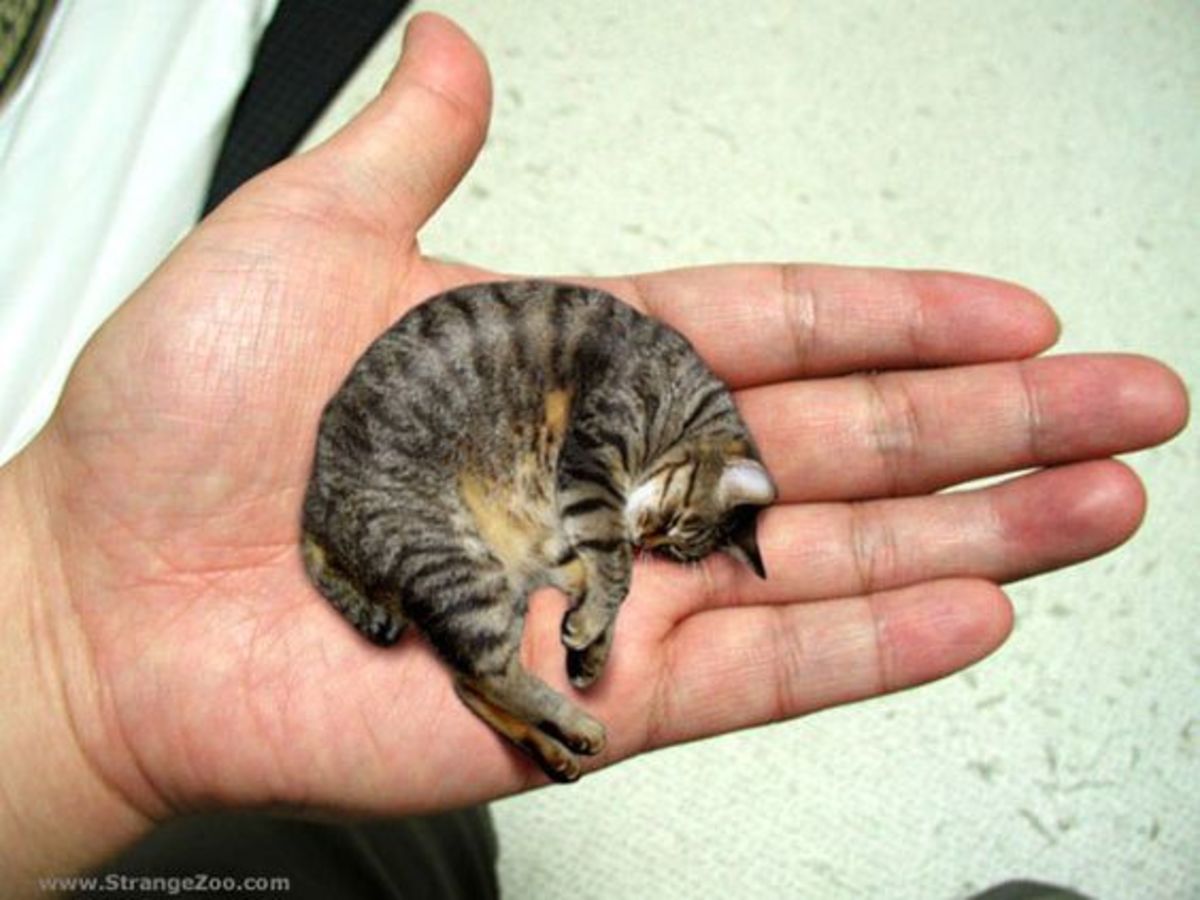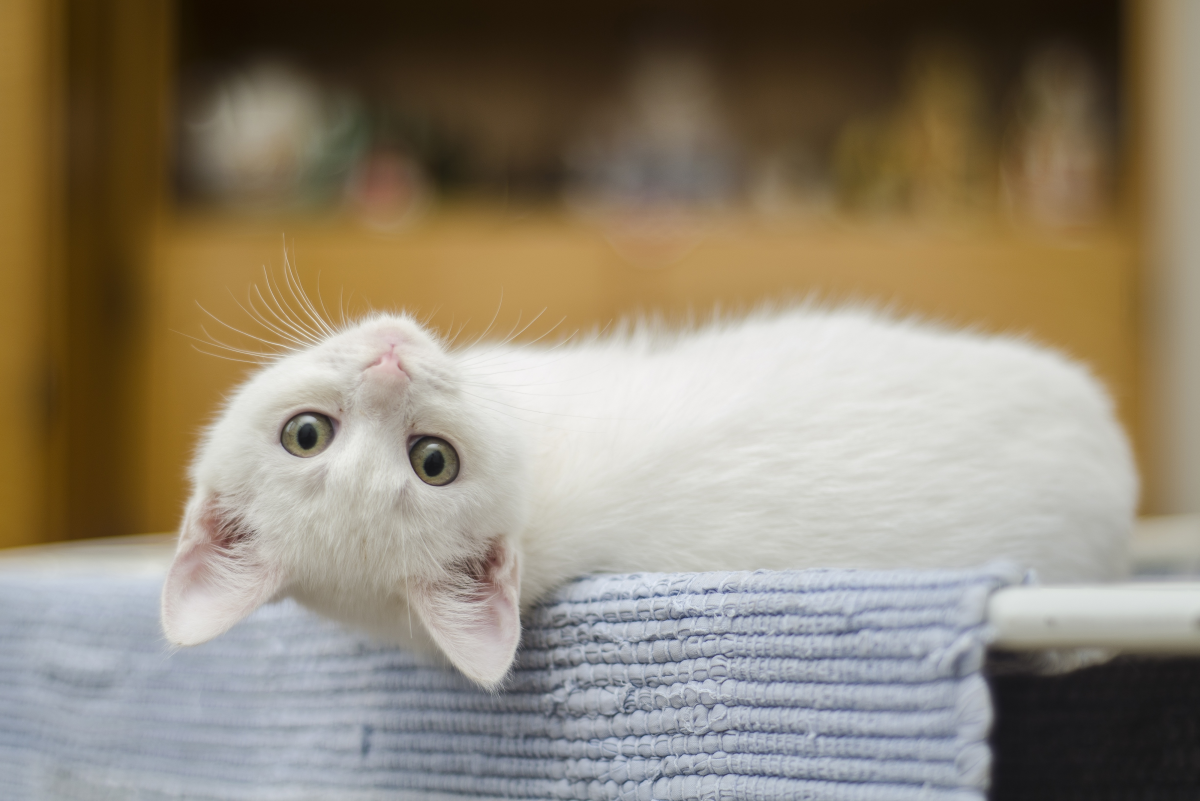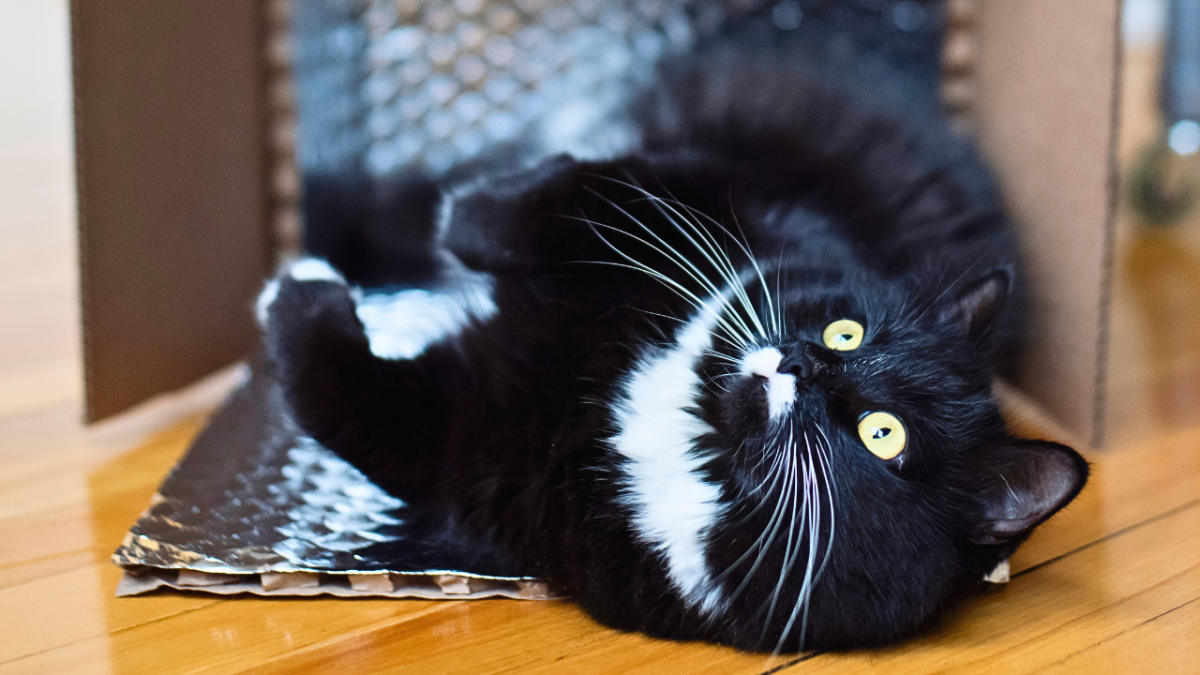5 Things You May Not Know About Cats
Cats are wonderful companions and great pets, but surprisingly even though they've been around with us for thousands of years, people often don't know facts about them. Perhaps it's only recently people are paying more attention to cats because they're wonderful, easy-going pets who are purrfectly suited to apartment and home environments. Here are five things you might not have known about cats.

Cat Lover or Dog Lover?
Do you prefer cats or dogs?
Cats have been domesticated a long time.
Dogs always get the limelight when it comes to domestication, but cats have been around as companions a long time too. DNA evidence suggests that cats and humans may have interacted with each other as far back as 130,000 years, but our first archaeological evidence of cats appear 10,000 years ago on Stone Age pottery. A cat was found in a grave site 9500 in a Neolithic village uncovered on Cyprus with other artifacts.

Cats always conceive when they mate.
This is a good reason to get your cat spayed and neutered. When a female cat mates with a male cat, the act of mating stimulates ovulation and therefore causes conception. If you want to prevent your cat from having kittens, a quick trip to the vet for a spay or neuter (many areas offer low-cost or no cost spay and neuter clinics) will prevent another round of kitten season.
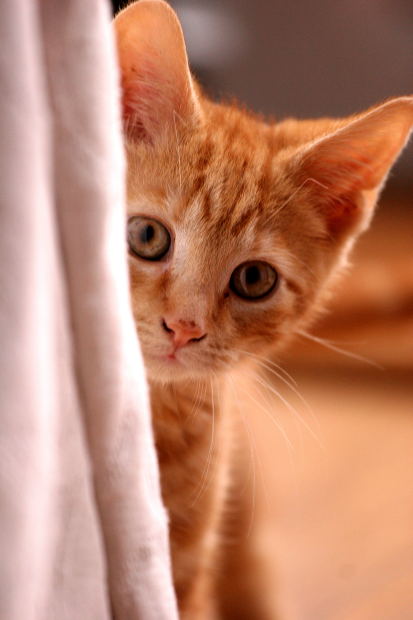
Name those Famous Cats
view quiz statisticsIt's difficult to get toxoplasmosis from a cat.
If you're a woman and are pregnant or soon to become pregnant, you may have heard that you have to get rid of your cat to prevent contracting a disease that can harm your baby. The good news is that toxoplasmosis is difficult to contract and if you keep your cats indoors only, there's almost no chance in contacting it.
About 30% of the human population has already contracted it from undercooked meat, poor sanitation practices or drinking contaminated water. Once you contract it, you can't get it again. Second, cats pick up toxoplasmosis outside. Keeping your cat indoors is a surefire way to keep your cat from getting it. If your cat contracts it, she's only contagious for three weeks and can never get it again after she contracts it. When infected, the only way the cat can spread the disease is if the pregnant woman consumes the fecal matter, and only after the feces sit in the litter box one to five days.
If you're pregnant, it's a good idea to have someone else clean the litter box, or wear a mask and gloves when cleaning it and pick it up every day. But don't get rid of the cat.
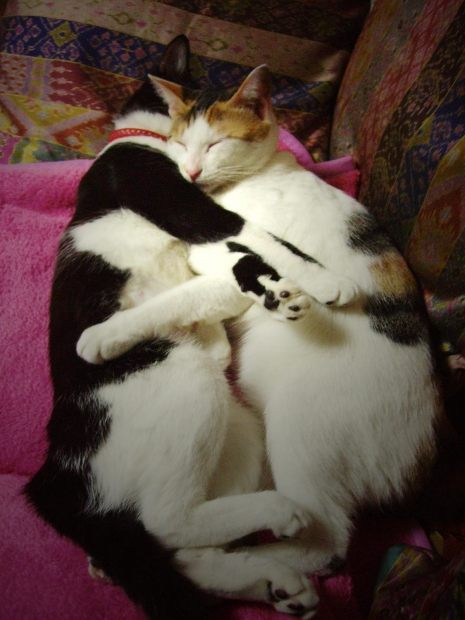
Black cats are often the least adopted cats.
It's a sad fact that black cats are often overlooked when people adopt cats. Most of it comes from old superstitions that die hard about black cats being unlucky or familiars of evil witches or devils. If you go to adopt a cat, be sure to look for a black one. They have some of the best personalities.

Declawing cats requires the amputation of the cat's toes.
Thankfully, word is getting out about the cruelty of declawing, but some people still have their cats declawed. Declawing is a surgical procedure where the veterinarian amputates the cat's toes up to the first knuckle. Declawing is a very painful operation and can lead to pain and aggression in cats. Many cats with other behavior problems have been declawed. So, if you can't abide having your furniture clawed, train your cat to use cat scratchers, trim your cat's nails, and use nail caps to reduce damage.


